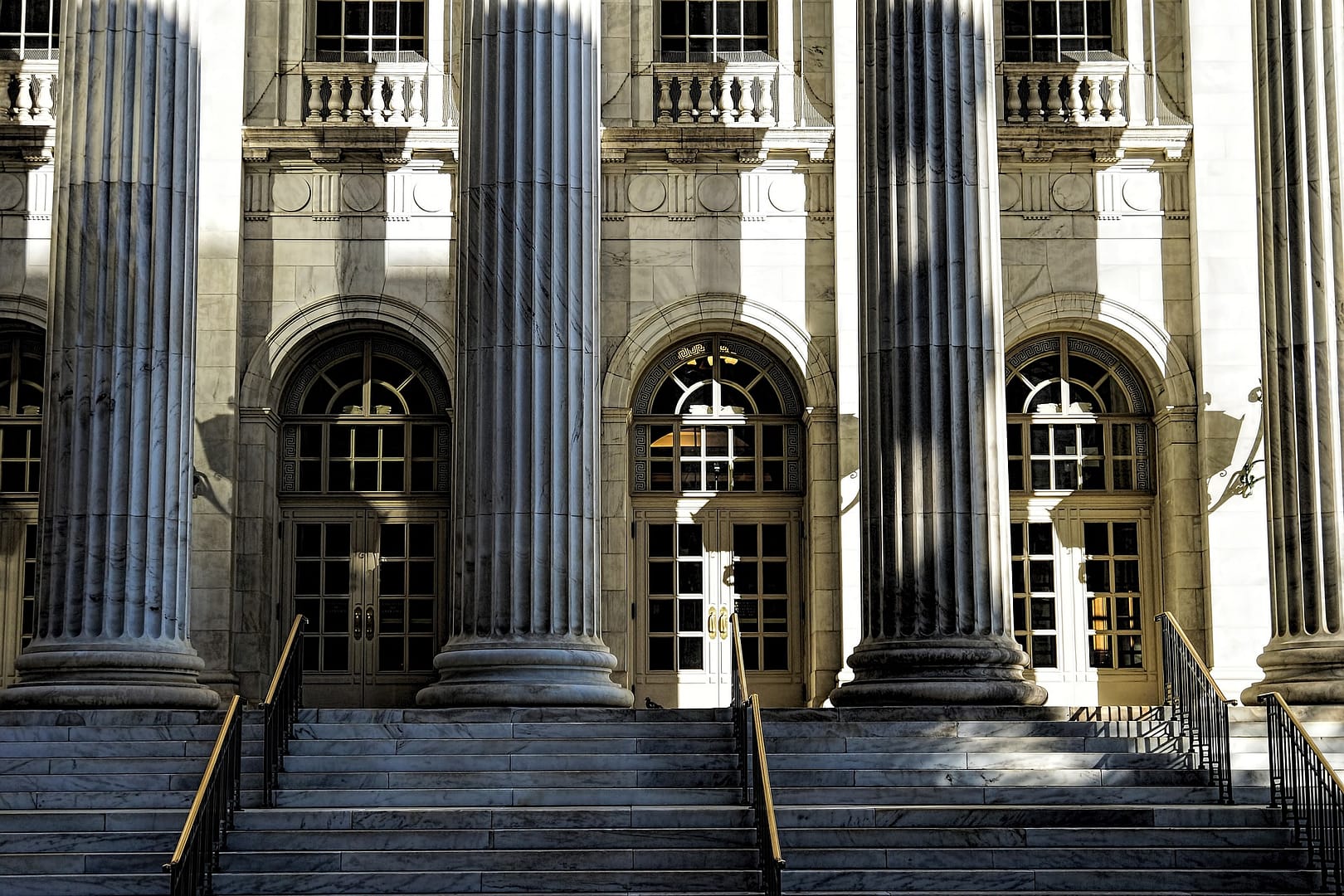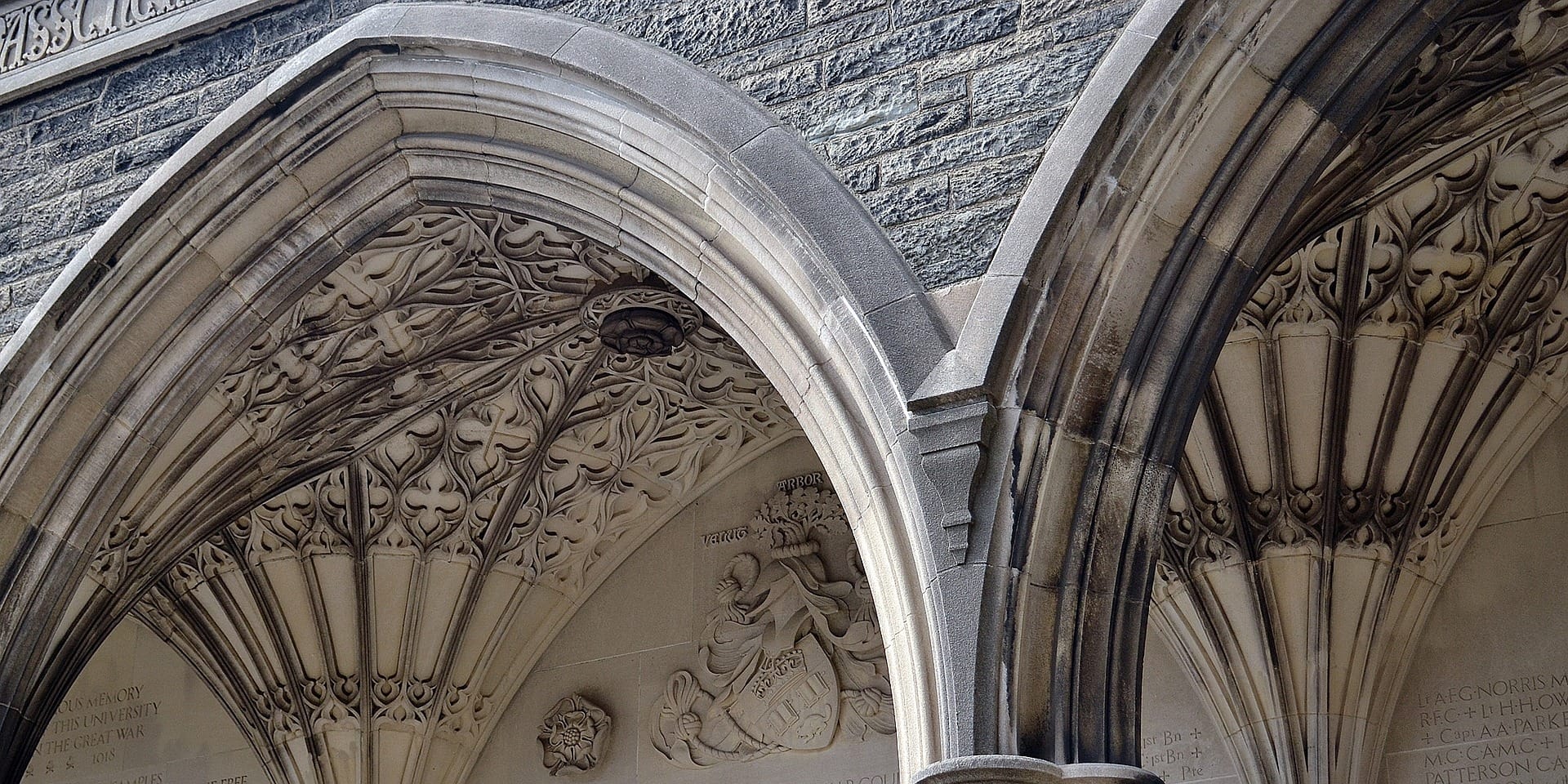Digest of Connecticut Appellate Court advance release opinions about trusts and estates, tax assessment, and…
Attorney Who Violates Contingency Fee Statute Cannot Recover in Quantum Meruit
An attorney who violates the contingency fee statute cannot recover in quantum meruit. The Connecticut Appellate Court reached this conclusion in Parnoff v. Yuille, to be officially released on February 23, 2016.
Plaintiff and defendant entered into a contingent fee agreement that would have paid plaintiff 40% of any recovery, exceeding the contingency fee cap in CGS § 52-251c. After an arbitration panel awarded defendant nearly $1.1 million, defendant objected to plaintiff’s fee.
Plaintiff commenced an action alleging three counts: breach of contract, quantum meruit and bad faith. “Following a jury trial, the jury found in favor of the plaintiff on the first and third count…. As to the second count, quantum meruit, the jury was instructed that it need not reach the claim should the jury find the existence of a contract and a subsequent breach, which it did.”
Plaintiff appealed and defendant cross-appealed. The Appellate Court concluded “that a fee agreement that required payment of fees greater than permitted by the fee cap statute is not enforceable and against public policy.” It reversed and remanded with instructions to dismiss the first and third counts. The Appellate Court “did not address count two, quantum meruit, because neither party asked that the matter be remanded for a hearing.”
“On remand to the trial court, the defendant filed a ‘Motion for Judgment’ and moved for judgment as a matter of law on count two. The trial court rendered judgment in favor of the defendant on count two, quantum meruit.”
Plaintiff appealed. The Appellate Court affirmed.
Plaintiff’s Main Argument on Appeal
On appeal, plaintiff’s main argument was “that count two was never decided on the merits by the jury and he requests his day in court.”
Appellate Court Concludes that an Attorney Who Violates the Contingency Fee Statute Cannot Recover in Quantum Meruit
In the first appeal, the Appellate Court noted that the public policy underlying the contingency fee cap statute was to protect the public from overreaching attorneys. “[E]nforcement of an overreaching fee agreement would violate such a policy even where recovery is limited to the statutory amounts because such a result would create no disincentive for an overreaching attorney and no corresponding public benefit. In other words, if an attorney could be assured of a fee no less than the amount provided by the fee cap statute, such an attorney, if unscrupulous, would have no reason, based in law, to limit fees to the statutory prescribed amount because enforcement of the contract in accordance with the statutorily permitted amount would simply become the lowest possible fee recoverable.” For this reason, the court will not enforce a fee agreement that violates the statute.
The same reasoning applies to a claim in quantum meruit. “An attorney who is permitted to recover in quantum meruit, although unable to recover under the unenforceable contract, would again, if unscrupulous, have no reason based in law to limit fees as required by § 52-251c if he knows that at the very least he can recover in quantum meruit. Accordingly, to permit a recovery in quantum meruit would render the statutory limits of the fee cap statute a meaningless legislative gesture.”
Other Things to Note
“[P]laintiff also claim[ed] that the trial court inappropriately acted on the defendant’s motion, which was captioned ‘Motion for Judgment,’ because a stand-alone motion for judgment does not exist under our rules of practice.” The Appellate Court concluded that, although a stand-alone motion for judgment does not exist in Connecticut, it’s the substance of the motion, not the title, that determines the appropriateness of the relief. Here, the Appellate Court in the first appeal determined that “a fee agreement governed by § 52-251c was the exclusive method for payment of the attorney.” The trial court in granting defendant’s motion for judgment on the quantum meruit claim merely was giving effect to this pronouncement in respect of a claim that the Appellate Court effectively decided in the first appeal.


